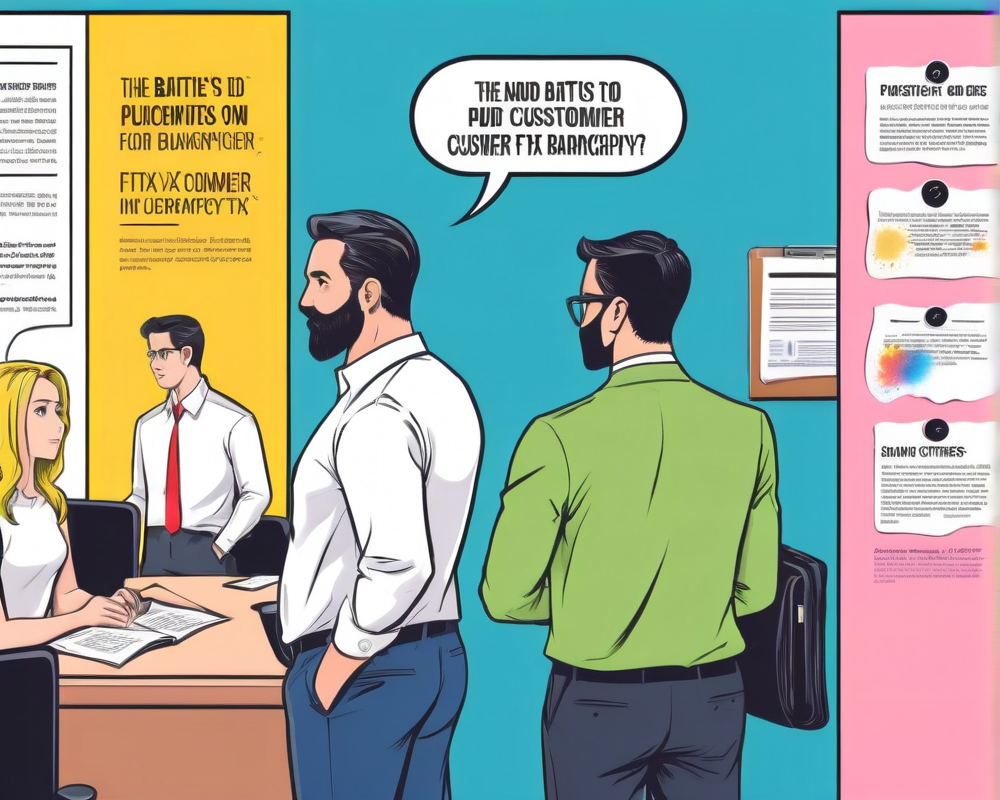Public Interest vs. Privacy: The Battle Over FTX’s Customer Identities in Bankruptcy Proceedings
Introduction to the FTX Bankruptcy Debate
The fallout from the FTX collapse has proven to be a gripping saga of financial mismanagement and public curiosity. A recent legal battle highlights the struggle between protecting individual privacy and serving the public’s right to information. Media giants are clamoring for transparency with the identities of non-United States customers caught in the FTX bankruptcy proceedings.
The Heart of the Matter: Media Objection
In a united front, influential media outlets like Bloomberg, The Financial Times, and The New York Times formally objected to the attempt of FTX to keep their customers’ identities under wraps. They assert a fundamental principle of journalism: the public deserves access to information that impacts their lives. In this case, thousands of potential victims—including up to 1.4 million customers—may see their identities exposed if the media’s objection is upheld.
Arguments For Keeping Names Private
On the opposing side, the Ad Hoc Committee of Non-US Customers raised valid concerns. They fear that revealing names could expose individuals to identity theft and targeted attacks. In a world where cybercrime is increasingly prevalent, is it reasonable to assume that the bankruptcy process warrants extra caution for private individuals?
The Precedent That Could Change Everything
The implications of this ruling could set a serious precedent for future bankruptcy cases. Imagine if every failing company could hide their customer information. The media argues that it would become routine to seal off customer identities, eroding public trust in financial proceedings. A world where bankruptcy secrets are the norm would invite chaos and speculation.
Judicial Reluctance
Judge John Dorsey navigated this sensitive matter cautiously. He granted a temporary reprieve for the confidentiality of customer identities but indicated his hesitance to make these names permanent secrets. After all, revealing valuable insights into the bankruptcy would benefit the public, particularly in understanding the prevailing practices surrounding cryptocurrency regulations.
A Glimpse Back: Lessons from Celsius
This isn’t the first time an attempt to maintain customer confidentiality has been challenged in bankruptcy court. A similar situation unfolded with crypto lending platform Celsius, where the judge ultimately sided with transparency, resulting in the release of personal information of numerous customers. This case serves as a cautionary tale, reinforcing the idea that bankruptcy proceedings are not solely about the entities involved; they also impact countless individuals.
The Upcoming Hearing: A Crucial Turning Point
The stakes are high, with a big hearing set to take place on April 12 at 1:00 pm Eastern Time. This courtroom drama is far from over, and it promises to captivate audiences who are keen on the intersection of crypto, bankruptcy, and the law.




